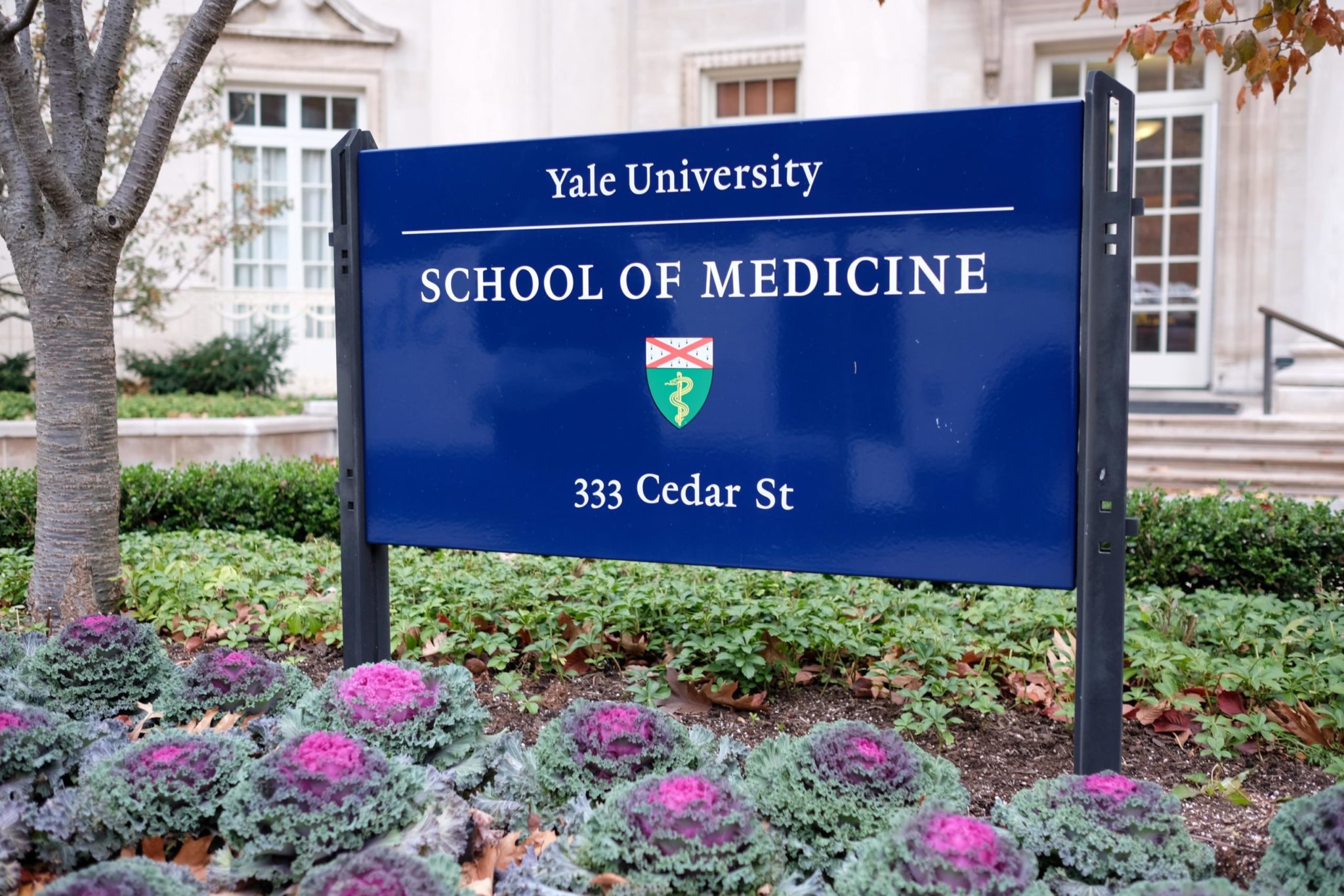
Eric Wang, Senior Photographer
A recent study published in the Journal of Clinical Investigation by Yale neonatologist Liza Konnikova investigated the microbial profile of the fetal gastrointestinal tract and shed light on how a baby’s immune system develops in utero.
The study set out to better understand the microbiome of the fetal gastrointestinal tract, which remains a subject of scientific debate. The team first attempted to amplify bacterial genetic material, but were not able to find any bacteria that way. However, the team discovered the byproducts of microbial reactions in fetuses as early as the second trimester. While it is unclear as to whether these byproducts are the result of some undiscovered bacteria or if they are provided by the mother, it is clear that they are present and have some role to play in human development.
“The current state of fetal development is very underdeveloped,” said Konnikova, an assistant professor of pediatrics and obstetrics, gynecology and reproductive sciences at the Yale School of Medicine and lead author of the study. “There’s so many questions that need to be answered that it’s one of the most exciting fields currently.”
To find out more about this element of fetal development, Konnikova and her team set out to learn what bacteria is present in the GI tracts of fetuses. Historically, scientists have been able to extensively study the fetal development of mice by feeding them radioactive bacteria and observing the microbiome of their fetuses. However, due to the danger of radioactive substances, human studies require a different approach.
In order to detect the presence of the bacteria, Konnikova and her team tried to amplify bacterial genetic code. Each bacterium has a unique RNA sequence and — if the bacteria is present — the scientists should have been able to make several copies of it through amplification. Konnikova and her team were unable to amplify any bacteria, but they did find other indications of bacterial presence.
“We report a unique fetal metabolomic intestinal profile with an abundance of bacterially derived and host derived metabolites commonly produced in response to microbiota,” the study reads.
These microbial metabolites are the intermediate products of enzymatic reactions, according to News-Medical.net. Currently it is unclear how these metabolites arrive, given the lack of microbial presence, but it is clear that they have a role to play in development.
The best guess for that role is that they help prepare the fetal immune system for interaction with the outside world.
“I think based on some mouse models they are needed for proper immune development and sort of establishing that homeostasis, and I’m guessing that they’re needed for the fetus, once born as an infant to not develop a cytokine storm,” Konnikova said. A cytokine storm occurs when “there’s way too much inflammation to the external world.”
Assistant professor of genetics Bluma Lesch explained how the immune system is complex but consists of two main components. The first is innate immunity, provided by specific cells which attack general foreign invaders. The second is adaptive immunity — the area of interest in this study.
B-cells and T-cells provide adaptive immunity, both of which must learn how to fight off specific infections, according to Lesch. Once these cells have been primed, they can fight off the same infection much more easily in the future. But this poses a problem for good bacteria.
“We’re all colonized with bacteria … most of them are actually healthy bugs, and we call them commensal bacteria, and they have to coexist with our epithelium” Konnikova said. She and her team hypothesize that as a result of the metabolites there will be “no underlying inflammation and so the immune cells do recognize the commensals [and] don’t make an inflammatory reaction against them.”
The way the immune system develops may be crucial in helping infants navigate the bacteria they encounter outside of the womb. At the moment, this is merely a hypothesis that the researchers hope to confirm or rule out with future research.
However, conducting these types of studies can come with certain challenges.
“It’s really difficult to study anything in utero because you’re basically relying on getting material from spontaneous miscarriages,” Lesch said.
Konnikova also explained that within the last year the National Institutes of Health has begun to fund less of this research, making it more reliant on private sources of income. This will make it difficult to further answer the questions that her study has raised.
The study was conducted with collaborators at the University of Pittsburgh.
Amre Proman | amre.proman@yale.edu







